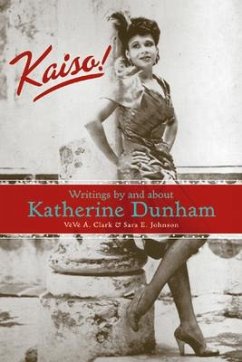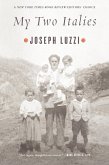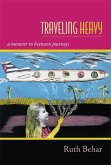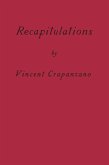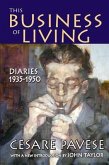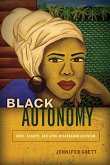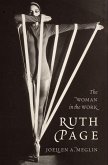"Kaiso," a term of praise that is the calypso equivalent of "bravo," is a fitting title for this definitive and celebratory collection of writings by and about Katherine Dunham, the legendary African American dancer, choreographer, anthropologist, and social activist. Originally produced in the 1970s, this is a newly revised and much expanded edition that includes recent scholarly articles, Dunham's essays on dance and anthropology, press reviews, interviews, and chapters from Dunham's unpublished volume of memoirs, "Minefields." With nearly a hundred selections by dozens of authors, Kaiso! provides invaluable insight into the life and work of this pioneering anthropologist and performer and is certain to become an essential resource for scholars and general readers interested in social anthropology, dance history, African American studies, or Katherine Dunham herself.
Hinweis: Dieser Artikel kann nur an eine deutsche Lieferadresse ausgeliefert werden.
Hinweis: Dieser Artikel kann nur an eine deutsche Lieferadresse ausgeliefert werden.

